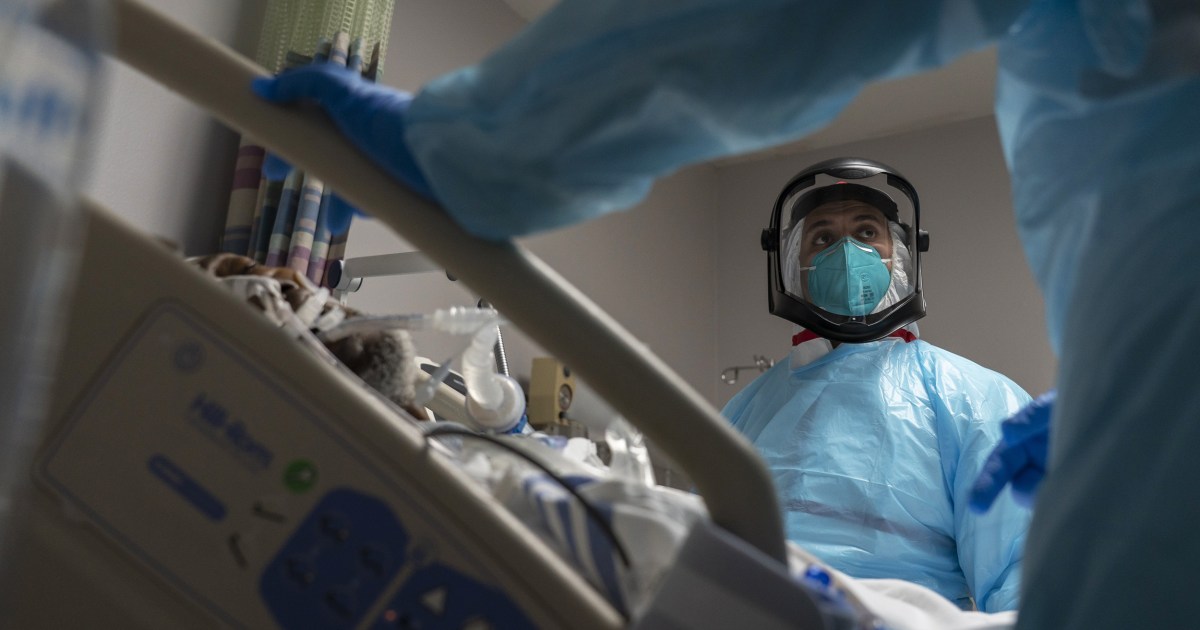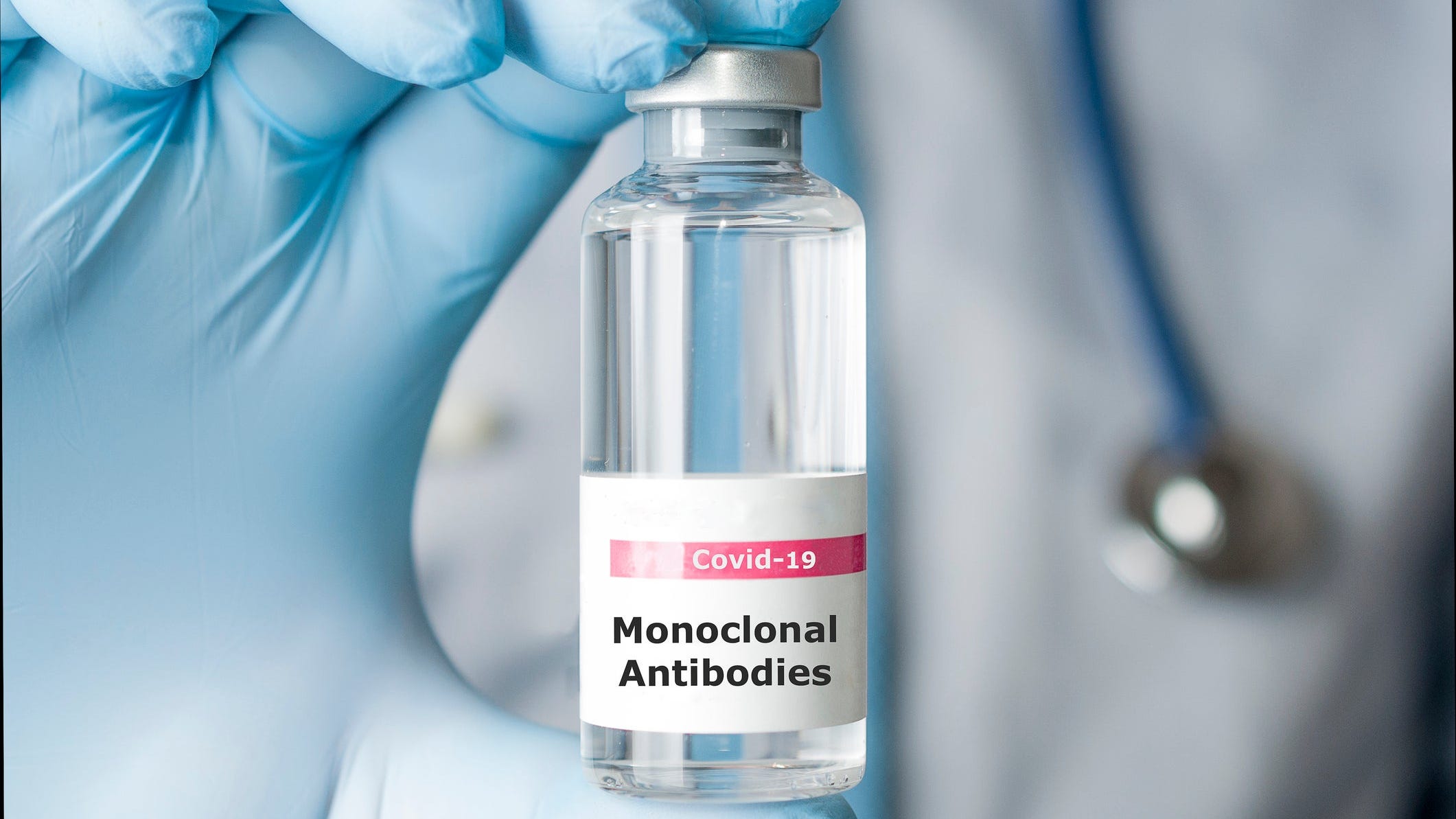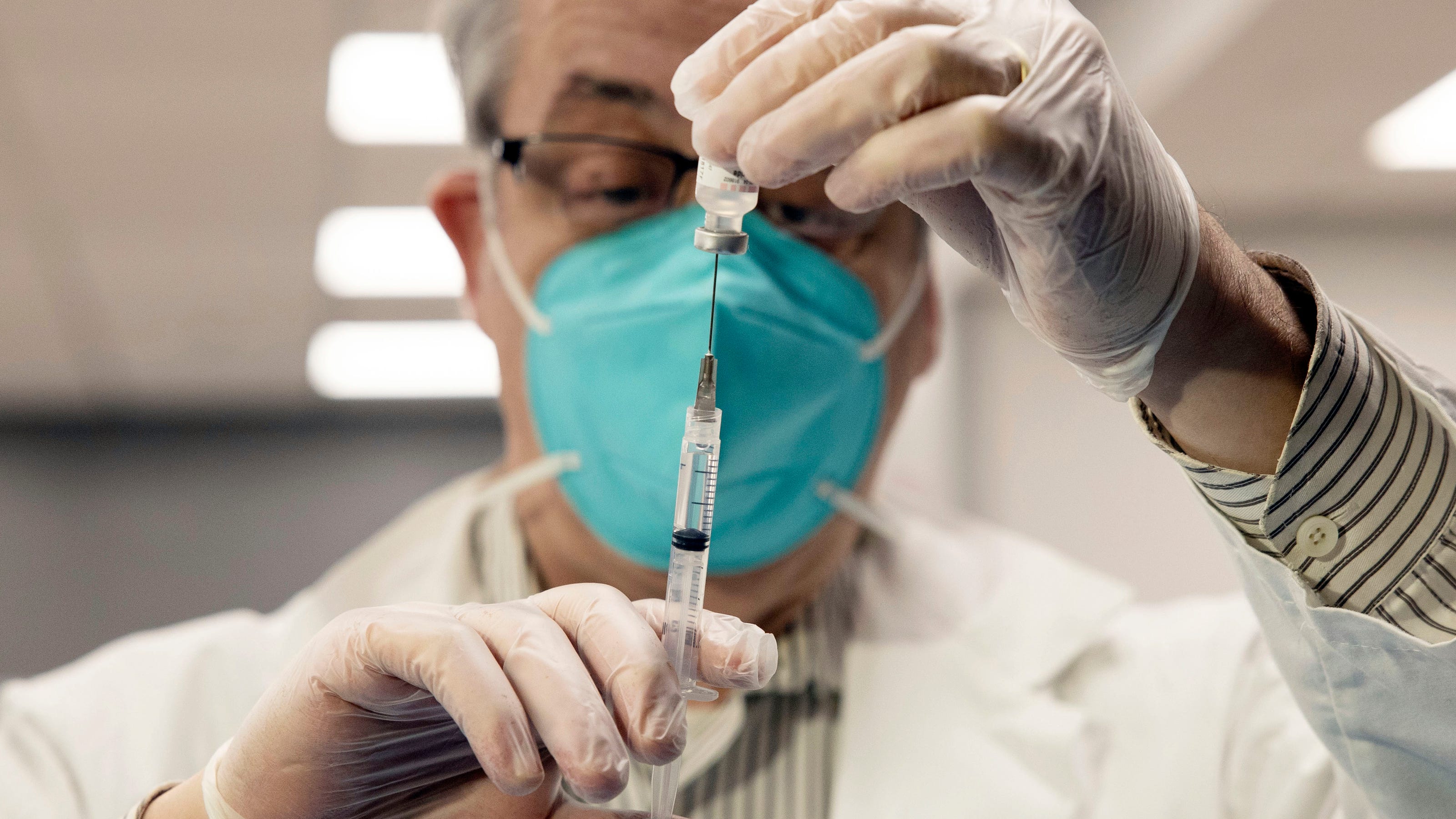As the COVID-19 vaccine rolls out, three big questions loom. First, can someone who has been vaccinated still spread the disease? Second, will the vaccine remain effective as the virus itself evolves? And third, how long will the vaccine's protection last?
Answers to these questions lie in our immune systems. And the answers aren't straightforward because our immune systems are both remarkably adept and remarkably challenging to predict.
...the first question, about whether people who are vaccinated can still spread the disease. Marion Pepper, an immunologist at the University of Washington, says that's not just an open question for this vaccine, but for vaccines in general.
Problem, Solution, SitRep, or ?:










Recent Comments